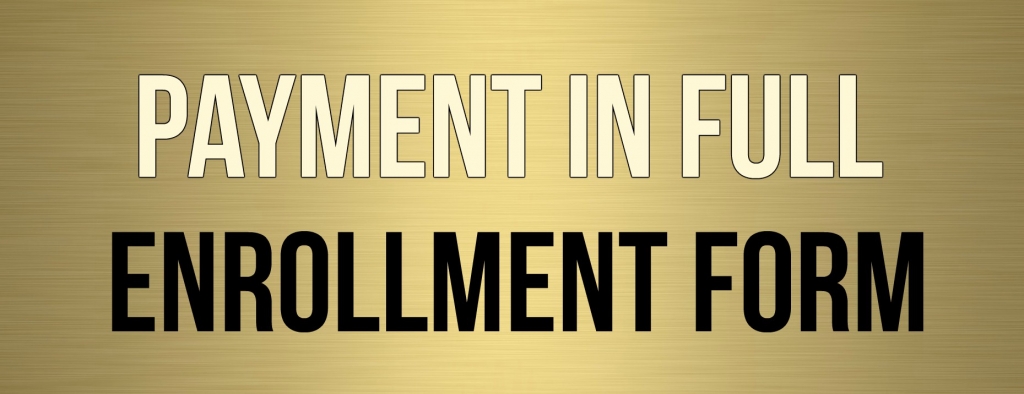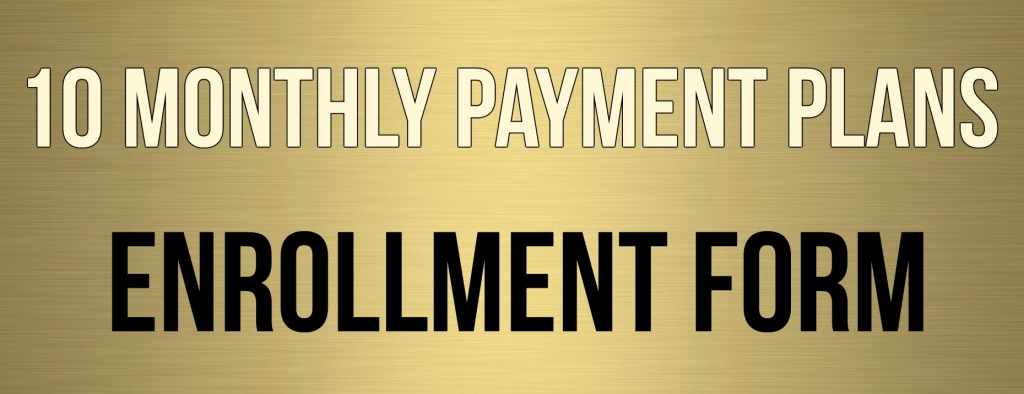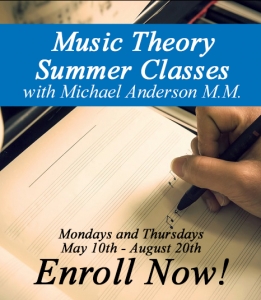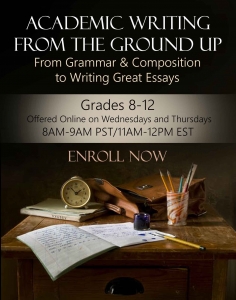Philosophy is often thought of as a subject suitable for college students. We don’t generally think that third graders would do well having to write a paper about the epistemological basis for David Hume’s naturalism, but, in fact, there are methods of teaching philosophy to very young students that can help them learn to think for themselves in ways that other subjects don’t. This post looks at one program that has been having success teaching philosophy to young students, including those from disadvantaged families. It was written by Steve Neumann, a writer and philosophile who says he is interested in doing for philosophy what science journalists do for science — “preparing the arcana of academia into a dish digestible by the public.” His work has appeared in The New York Times, The Daily Beast, Philosophy Now and other outlets. He blogs at Notes Toward a New Chimera at Patheos.
By Steve Neumann
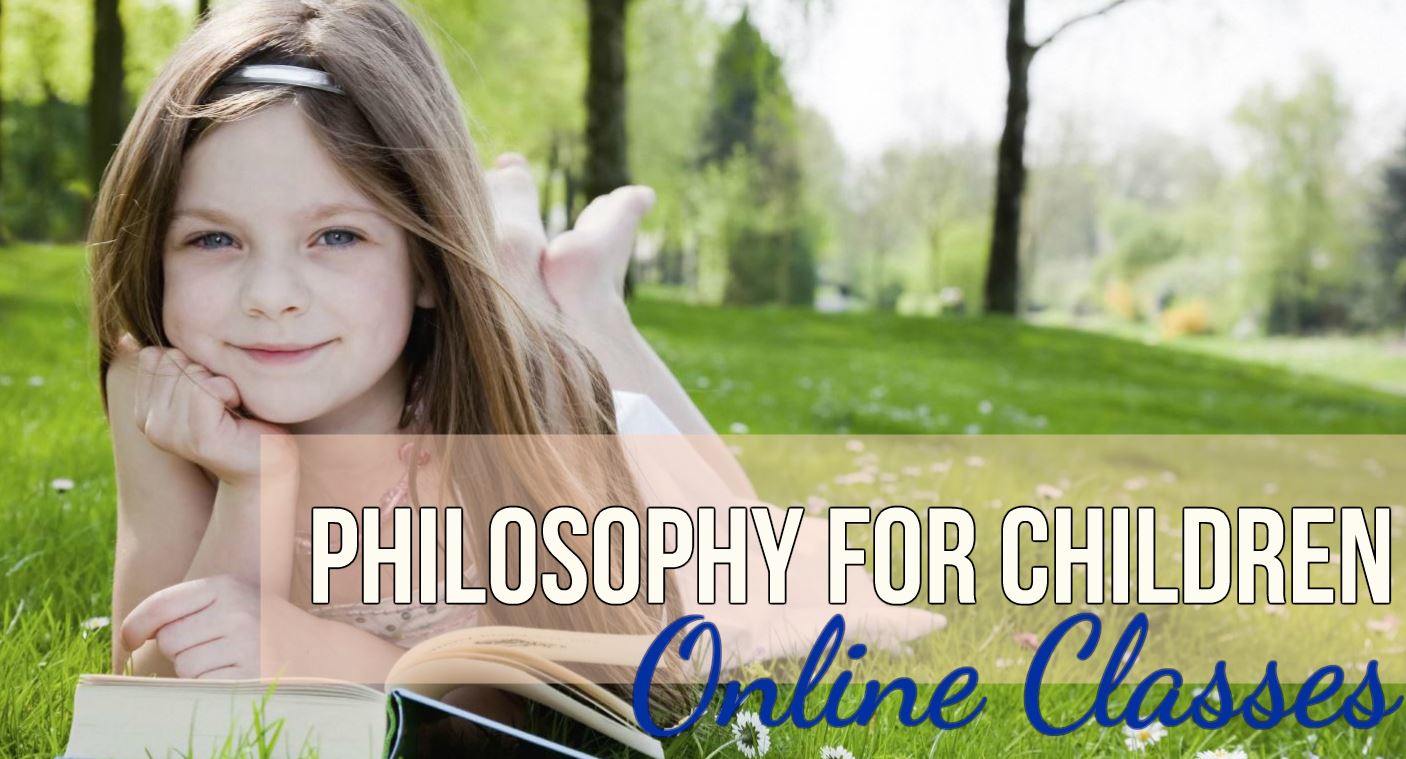 An increasing number of American children from low-income backgrounds are coming to kindergarten lagging in both academic and non-cognitive skills critical to educational success, according to a recent report by the Economic Policy Institute. As the report states:
An increasing number of American children from low-income backgrounds are coming to kindergarten lagging in both academic and non-cognitive skills critical to educational success, according to a recent report by the Economic Policy Institute. As the report states:
“Such early-in-life inequalities point to the need for substantial interventions to reduce them, including early educational interventions, to ensure that children arrive in kindergarten ready to learn and for compensatory policies to support these children throughout the school years (from kindergarten through 12th grade).”
Fortunately, there’s a growing — yet under-appreciated and therefore under-reported — method of teaching that’s been showing tangible progress in student academic achievement, including for kids from disadvantaged groups. It’s the Philosophy for Children movement, also known as P4C, which began with the late philosopher Matthew Lipman’s 1969 novel Harry Stottlemeier’s Discovery. The novel and accompanying teacher manual were designed to help children in K-12 learn how to think for themselves.
Since that time, the core practice of P4C has become what’s called “inquiry dialogue,” which is similar in spirit to what Socrates does in Plato’s famous dialogues. With P4C, the teacher acts like Socrates, presenting a group of students with a variety of different prompts for discussion, such as a poem, a picture book, or regular chapter books and other materials already being used in the classroom for subjects like reading, math, science, and social studies. Questions in response to the stimulus are encouraged and explored in the ensuing discussion. The teacher’s job is to ensure the discussion remains focused and that everyone gets a chance to contribute.
Unlike other philosophy classes in public schools, the focus in a P4C classroom is on the thoughts, ideas, and questions of the students themselves, rather than any traditional philosophical topic. The teacher’s role is to help foster a climate of critical thinking, guiding and informing student inquiries, helping them pay attention to the quality of their reasoning, and making sure they realize that they’re meeting on terms of equality and mutual respect — all with an underlying commitment to rational thinking as the mechanism for making better judgments.
I spoke recently with Maughn Gregory, a philosopher and current director of the Institute for the Advancement of Philosophy for Children at Montclair State University, where Matthew Lipman began P4C in the 1970s. He told me that in terms of research and program development, P4C is in a stronger position than ever. “We not only have academic journals devoted to P4C,” Gregory says, “but all the top-ranked journals in philosophy of education and educational psychology are publishing articles on it.” In addition, the empirical evidence for the power of P4C to improve students’ literacy, critical thinking skills, and socio-emotional well-being is expanding as well.
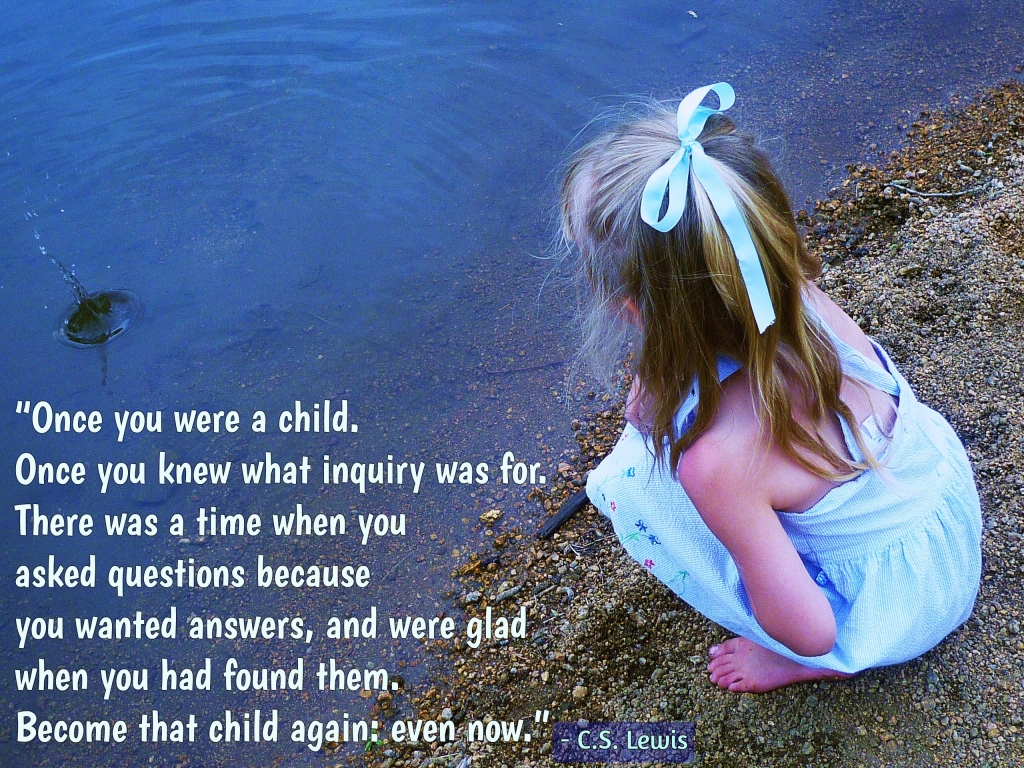 A study just published in the Journal of Philosophy in Schools bolsters Gregory’s claims for the power of P4C. Several faculty members from Sam Houston State University in Texas decided to replicate a 2007 study conducted in Scotland on the effects of a P4C program. The original study was one of few randomized, controlled clinical trials assessing the impact of a P4C program. It also showed significant gains in cognitive abilities by children who participated in weekly philosophical group discussions.
A study just published in the Journal of Philosophy in Schools bolsters Gregory’s claims for the power of P4C. Several faculty members from Sam Houston State University in Texas decided to replicate a 2007 study conducted in Scotland on the effects of a P4C program. The original study was one of few randomized, controlled clinical trials assessing the impact of a P4C program. It also showed significant gains in cognitive abilities by children who participated in weekly philosophical group discussions.
This new study found that the seventh-grade students who had experienced the P4C program showed significant gains relative to those in the seventh-grade control group, providing evidence for the main contentions of the original 2007 study — namely, that “regular, one hour per week, structured community of inquiry P4C sessions are a relatively powerful educational intervention which boosts students’ cognitive abilities significantly while doing so at a very small cost both in materials needed and in instructional time.”
Another study just released this month by Durham University in the United Kingdom further strengthens the case for P4C and provides evidence for its efficacy as an intervention in closing the achievement gap. This study, which included more than 3,000 students in 48 public primary schools across England found that “pupils’ ability in reading and maths scores improved by an average of two months over a year,” but, more importantly, that the “disadvantaged pupils in the trial, those on free school meals, saw their reading skills improve by four months, their maths by three months and their writing ability by two months.”
Ever since Matthew Lipman’s Philosophy for Children movement began in the early 1970s, there has been abundant anecdotal evidence from philosophers and teachers of the power of P4C to improve academic achievement and enhance non-cognitive skills and dispositions like motivation, self-esteem, and creativity.
The movement has been steadily gaining ground in the United Kingdom, but the United States still lags behind. Closing that achievement gap may just help close the one experienced by our nation’s most disadvantaged students.
| Enrollment Tuition Chart 2023-2024 | Annual Tuition | Payment in Full 5% Discount* | 10 Monthly Payments | Annual Tuition for Siblings (20% Discount) | 10 Payments w/Family 20% Discount | Payment in Full (5% Discount) with Family 20% Discount |
|---|---|---|---|---|---|---|
| Homeschool Program | ||||||
| Grades Nursery-K | $60 | n/a | n/a | $48 | n/a | n/a |
| Grades 1st-12th | $300 | n/a | n/a | $240 | n/a | n/a |
| Greats Honors Program | $995 | $945 | $95 | $796 | $79 | $756 |
| Great Books Program | ||||||
| High School Track | $1645 | $1562 | $164 | $1316 | $131 | $1250 |
| College Credit Track | $2,999 | $2,845 | $299 | $2399 | $239 | $2279 |
| Socratic Discussions | ||||||
| 3rd & 4th Grades | $595 | $565 | $59 | $476 | $47 | $452 |
| 5th & 6th Grades | $595 | $565 | $59 | $476 | $47 | $452 |
| 7th & 8th Grades | $595 | $565 | $59 | $476 | $47 | $452 |
| Philosophy | ||||||
| Grades 3-6 for Children | $595 | $565 | $59 | $476 | $47 | $452 |
| Ethics (Any Grade 7-12) | $595 | $565 | $59 | $476 | $47 | $452 |
| Socratic Logic (Any Grade 8-12) | $595 | $565 | $59 | $476 | $47 | $452 |
| Master Writing Cycle | ||||||
| English Grammar and Composition | $595 | $565 | $59 | $476 | $47 | $452 |
| Academic Writing from the Ground Up | $595 | $565 | $59 | $476 | $47 | $452 |
| Classical Rhetoric for Writing | $595 | $565 | $59 | $476 | $47 | $452 |
| Greek Language* | ||||||
| Greek I | $1,990 | $1791 | $199 | $1592 | $159 | $1512 |
| Greek II | $1,990 | $1791 | $199 | $1592 | $159 | $1512 |
| Greek Readings (A & B) | $995 | $945 | $99 | $796 | $79 | $756 |
| Greek Readings (Sec. A only) | $498 | $473 | $50 | $398 | $39 | $378 |
| Greek Readings (Sec. B only) | $498 | $473 | $50 | $398 | $39 | $378 |
| Latin Language* | ||||||
| Latin I | $1,990 | $1791 | $199 | $1592 | $159 | $1512 |
| Latin II | $1,990 | $1791 | $199 | $1592 | $159 | $1512 |
| Latin Readings (A & B) | $995 | $945 | $99 | $796 | $79 | $756 |
| Latin Readings (Sec. A only) | $498 | $473 | $50 | $398 | $39 | $378 |
| Latin Readings (Sec. B only) | $498 | $473 | $50 | $398 | $39 | $378 |

